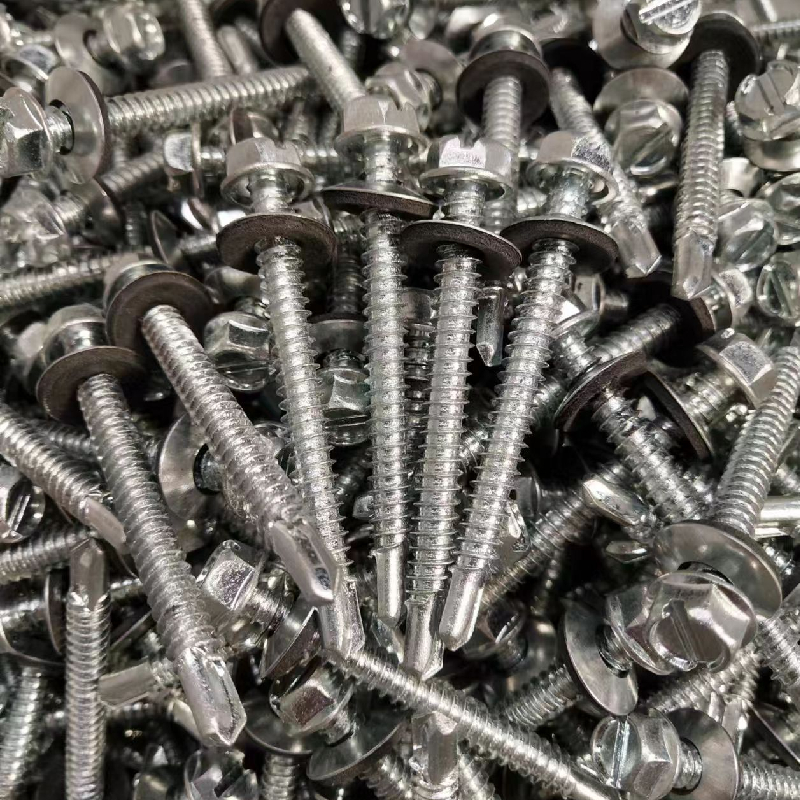M12 Chemical Bolt Specifications and Applications for Enhanced Structural Integrity
Understanding Chemical Bolt M12 An Overview
Chemical bolts have become a significant advancement in fastening technology, particularly in construction and heavy-duty applications. Among the various types of chemical bolts available, the M12 variant holds a prominent place due to its versatility and strength. This article delves into the features, applications, benefits, and installation techniques associated with the M12 chemical bolt.
What is a Chemical Bolt?
Chemical bolts are fasteners that utilize a chemical adhesive, typically epoxy or another type of resin, to bond the bolt securely within a drilled hole. This technology is particularly useful when traditional mechanical anchors might not provide the required holding strength or when working with sensitive materials that may be compromised by excessive force during installation. The M12 designation refers to the bolt's diameter, which is 12 millimeters, making it suitable for various applications requiring medium strength.
Key Features of M12 Chemical Bolts
1. High Load Capacity M12 chemical bolts are designed to handle substantial loads, making them ideal for heavy machinery and structures. The combination of the bolt's tensile strength and the adhesive secures a robust hold in concrete and other materials.
2. Corrosion Resistance Many M12 chemical bolts are coated with materials that resist corrosion, thus extending their lifespan in harsh environments. This property is particularly beneficial in outdoor applications where exposure to moisture and chemicals is a concern.
3. Versatile Applications M12 chemical bolts are applicable in numerous settings, including construction, automotive, and industrial applications. They can be used for anchoring machinery, supporting structural components, and even in façade installations.
4. Ease of Use Installation of chemical bolts is relatively straightforward, requiring only basic tools and preparation. With the right conditions, they can be installed efficiently, leading to significant time savings on projects.
Installation Process
The installation of an M12 chemical bolt involves several critical steps
chemical bolt m12

1. Preparation of the Base Material The first step is to ensure the concrete or substrate is clean and free of contaminants. Dust, oil, and moisture can all affect the bond strength of the adhesive.
2. Drilling the Hole A hole is drilled into the substrate to the appropriate depth, typically specified by the manufacturer. This is crucial, as insufficient depth can compromise the bolt's load-bearing capacity.
3. Inserting the Cartridge Chemical bolts usually come with a cartridge that contains the adhesive. The cartridge is inserted into a standard caulking gun for application.
4. Injecting the Adhesive The adhesive is injected into the hole, ensuring it fills the space adequately. It’s essential to allow for enough adhesive to surround the bolt upon insertion.
5. Placing the Bolt The M12 bolt is then inserted into the adhesive-filled hole, and it should be twisted slightly to ensure even distribution of the adhesive.
6. Curing Time After installation, it’s essential to allow adequate curing time as specified by the adhesive manufacturer before applying any load to the bolt. This step ensures that the bond reaches its maximum strength.
Advantages of Using M12 Chemical Bolts
One of the most appealing benefits of M12 chemical bolts is their ability to provide high-performance anchoring solutions. They are not only resistant to shear and tensile forces but also against vibrations, which is vital in industrial applications where machinery may produce significant movement.
Moreover, due to the bonding properties of the adhesive, chemical bolts can be used in situations where traditional bolts might pull out or fail. They offer superior resistance to environmental factors, including moisture, chemicals, and temperature fluctuations.
Conclusion
In conclusion, M12 chemical bolts represent a crucial innovation in fastening technology, combining strength, ease of installation, and durability. They are particularly valuable in construction and industrial applications, where reliable anchorage is critical. As technology progresses, the demand for chemical bolts is expected to rise, offering even more sophisticated fastening solutions to meet the needs of various industries. Whether you are a contractor, engineer, or DIY enthusiast, understanding and utilizing M12 chemical bolts can enhance the integrity and longevity of your projects.
-
Weatherproof Plastic Expansion Anchors for OutdoorNewsJun.06,2025
-
Sustainability in the Supply Chain: Eco-Friendly TEK Screws ProductionNewsJun.06,2025
-
Load-Bearing Capacity of External Insulation FixingsNewsJun.06,2025
-
Double Head Bolts: Enhancing Efficiency in Industrial MachineryNewsJun.06,2025
-
Corrosion Resistance in Chipboard Screws: Coatings for Wholesale DurabilityNewsJun.06,2025
-
Butterfly Toggle Bolts : Enhancing Structural ResilienceNewsJun.06,2025
